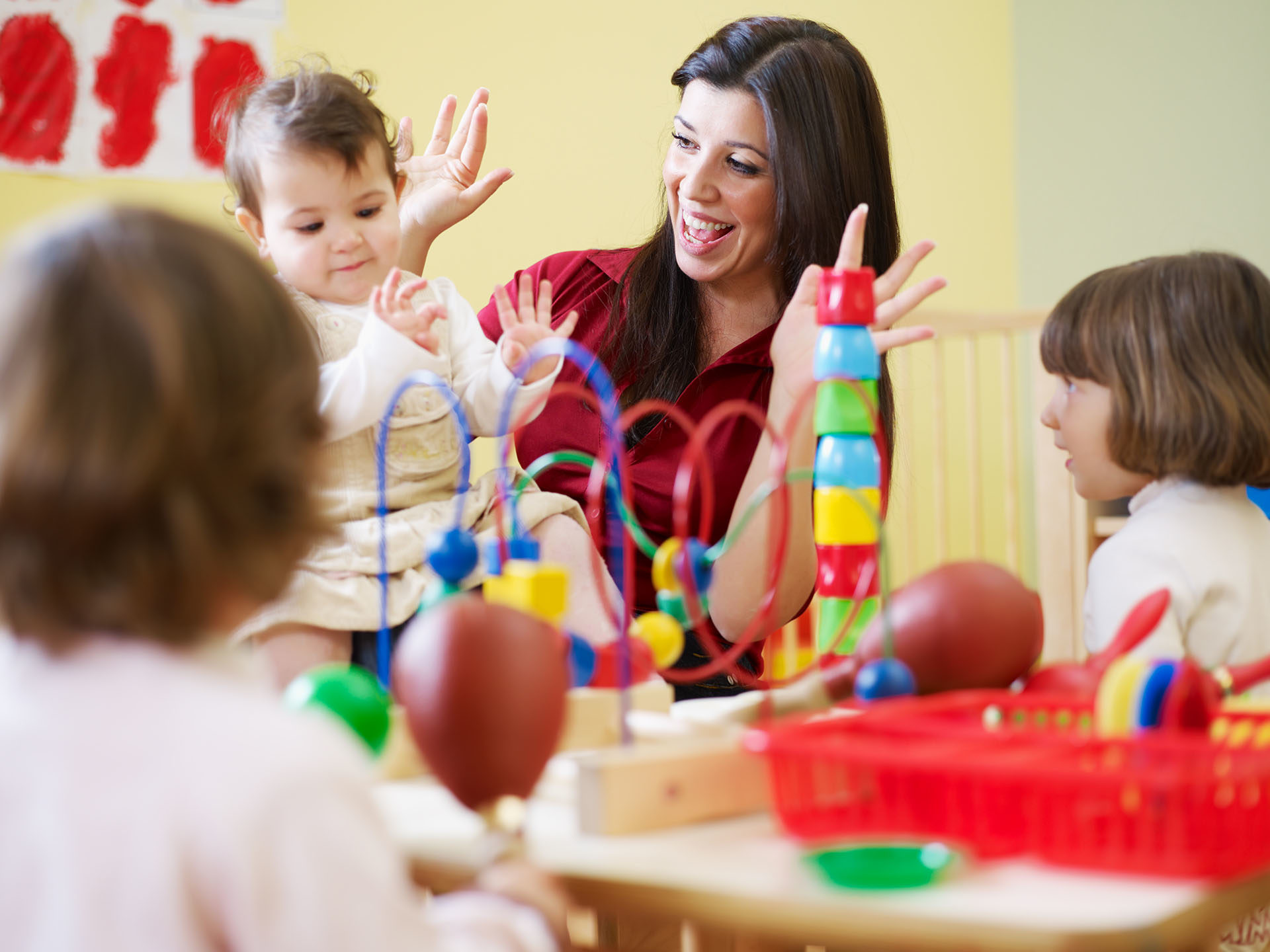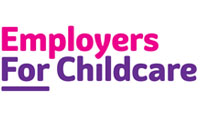Return for pre-school and some primary age children confirmed
It was confirmed today (18 February 2021) that children in pre-school settings and those in primary 1 to primary 3 can return to face to face learning on Monday 8 March 2021. All other primary school and post-primary age groups will continue remote learning.
Pupils in years 12 – 14 in post-primary schools are expected to return to class on 22 March 2021. On that date, remote learning will temporarily resume for pre-school children and pupils in P1 to 3 until the start of the Easter holidays.
After the Easter holidays, pre-school and primary school pupils in P1 to P3 will then return to full-time face-to-face teaching along with years 12-14. Education Minister Peter Weir has advised that his main objective is a full return of all pupils to school as soon as practicably possible after the Easter break, but this will be balanced against the public health position.
Special schools will remain open as usual.
Vulnerable children and children of key workers will continue to have access to schools for supervised learning. Only one parent/guardian is required to be a key worker. School provision is mandatory for children of key workers and should operate over normal school hours.
Childcare settings, including those based in primary schools and childminders continue to operate throughout this period.
Informal childcare is also permitted to continue. Informal childcare is valuable, trusted care provided by grandparents and close family. It is not to be confused with unregistered childcare, which is provided by those who are not formally registered but who charge a fee for their services, and is not legal.
It is important to note that this is a fluid situation and is subject to change. We will continue to keep our website and social media up to date as the situation evolves. Further information is available at the Department of Education website.
What are my options if I am struggling to balance work while providing care and supporting my child’s remote education?
It will be important that employers can take a flexible approach with their employees as the impact of the Covid-19 pandemic continues to be felt. There are a number of options that may be available for employees who are required to stay at home with their children:
- Furlough – the Government has extended the furlough scheme until 30 April 2021, and you can now be furloughed with effect from 1 November, even if you have not been furloughed under the previous scheme, if you are eligible. The Government has confirmed that you can ask your employer to put you on furlough if you are unable to work (including from home) due to caring responsibilities because of Covid-19, for example, caring for children at home because their school is closed. However, this is not an entitlement, and an employer does not have to agree to furlough you. We would, however, strongly encourage any employer who can to support their staff in this way.
- Working from home– this may not be an option for everyone, but where possible, should be made available.
- Dependent’s leave– depending on your employer’s policies, you may be able to take a period of dependent’s leave.
- Annual leave– you may be able to use some of your annual leave allowance.
- Unpaid leave– if no other options are available, unpaid leave may be available in some cases, such as Parental Leave where qualifying parents can take off up to 18 weeks per child, up until the child’s 18th birthday. For more information on Parental Leave, download our Employment Rights for Working Parents Factsheet here.
What if my child is unwell with Covid-19 or is self-isolating?
Employees who are unable to work as a result of having a child at home who is unwell with the symptoms of Covid-19 or self-isolating may be eligible to receive Statutory Sick Pay (SSP). The Government’s guidance states that you are eligible for SSP if you are self-isolating because you, or someone you live with, has symptoms or has tested positive for Covid-19, provided you self-isolate for at least four days.
If an employee is self-isolating because of contact with someone who has Covid-19, having been notified by the Public Health Agency through their test and trace system, they are entitled to claim SSP for every day they were self-isolating, but must have self-isolated for at least four days to be eligible.
Anyone who is self-isolating because of Covid-19 and is unable to work will be able to get an ‘isolation note’ online from NHS111 if off work for seven days or more. They do not have to go to a doctor or the hospital.
We appreciate that this guidance is complex and it is a challenging time also for employers, many of whom are already facing difficulties due to the economic impact of Covid-19. We would encourage employers to take a flexible approach, where possible, and to support their employees where they can. Adopting family friendly policies in the workplace can boost staff loyalty, increase staff retention and may improve productivity in the longer term from having a happier, more contented workforce.
We are here to help
Our Family Benefits Advice Service is here to help all parents identify what support they are entitled to. We are also here to help parents to understand their rights and entitlements in terms of requesting family friendly working arrangements – just give the team a call on 028 9267 8200 or email hello@employersforchildcare.org for free, impartial and confidential advice.






